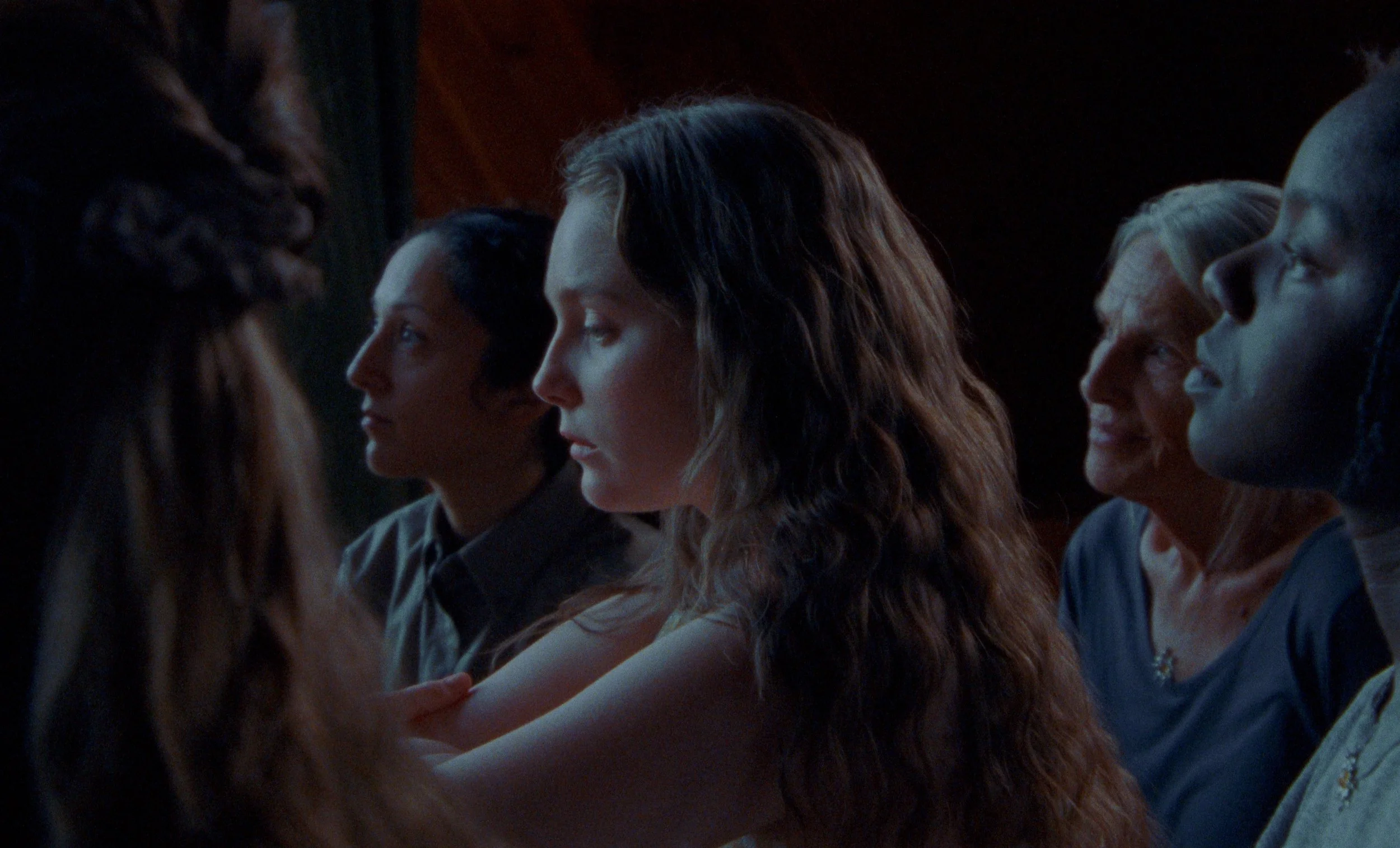Fringe Festival 2018 Review: A Sad-Ass Cabaret
/Photo: Diane Smithers
The line was long to get into Havana Theatre, a small venue beneath Vancouver’s temporarily vacant Havana restaurant. One by one the crowd turned away from the bustling energy of Commercial Drive and into a dark hallway adorned with a staircase, a portal that led to an intimate room. Dimly lit and tempered comfortably high. Patrick Watson filled the air as we anticipated the start of A Sad-Ass Cabaret.
Playwrights T.J. Dawe and Lindsay Robertson approached their closing show of the 2018 Fringe Festival quietly, with a tinge of melancholy, setting the mood for their hybrid performance, which explored the personal histories of some of the world’s most influential musicians, whose fates were, “uncharacteristically cruel.” Dawe and Robertson brought the audience, through lyrical prose and storytelling, into the lives of esteemed artists John Fahey, Bessie Smith, Judy Garland, Sufjan Stevens and Hank Williams—purveyors of sacred compositions who were born to triumph despite being produced in tragedy.
It was as if a veil was cast between the two performers, as Dawe, once finished with a biographical narration, would step back and close his eyes, gently swaying his head back and forth, giving the spotlight to Robertson who would exude the lyrics, the poetry, the memoirs that these great artists gave to us through song, with her sultry, jazzy, ethereal voice and acoustic accompaniment.
A Sad-Ass Cabaret was a lullaby. It was as if someone was tucking us into bed, so much so that most of the audience was shut-eye. Not from fatigue, but from being engrossed in the words that Dawe spoke and Robertson sang; from wanting to feel what Fahey, Smith, Garland, Stevens and Williams felt. To try and relate. Or perhaps, to try and connect. Dawe’s theatrical approach to storytelling and Robertson’s soulful covers painted a sublime picture of these artists, whose lives were entwined with addiction, abuse and estrangement.
The 60-minute show was emotional. We grieved for John Fahey, a revolutionary bluegrass artist who struggled with addiction and disease. We laughed at the stories Dawe told of Bessie Smith, an American soul singer whose tumultuous attitude was a force to be reckoned with in the 1920s and 1930s. We felt saddened for Judy Garland, as she was physically shamed by the music industry at a young age and we teared up when we heard Robertson sing Somewhere Over the Rainbow. We were moved by Sufjan Steven’s relationship with his ailing mother, his dedication to spirituality, and the powerful lyrics that were born from it. Regret for Hank Williams, regarded as one of the most powerful song writers of the 20th century, whose alcohol abuse started when he was 11 years old and eventually killed him.
Dawe said it best, the first noise a human being hears is their mother’s heartbeat, a rhythm nonetheless. Music doesn’t live in the logical part of our brains. A Sad-Ass Cabaret deepened our understanding of the relationship between symphony and intuition by allowing us to empathize with not only the performance, but with each other.
Photo: Diane Smithers







